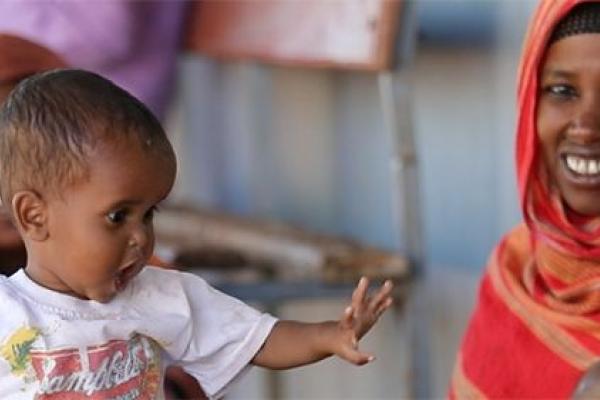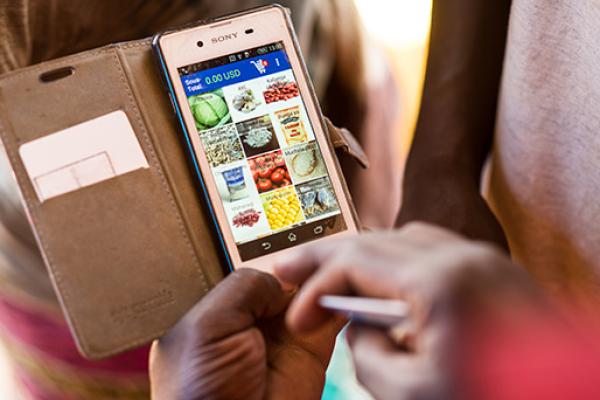In 2024, more than 21 million people in Ethiopia needed humanitarian help. With challenges ranging from conflict and climate hazards to disease outbreaks, many communities are facing multiple hardships.
To help, the EU is funding a programme that provides Multi-Purpose Cash Assistance (MPCA), giving people the money they need to buy their basic necessities.
Since 2023, a consortium of 6 international humanitarian organisations - Save the Children, Action Against Hunger, Norwegian Refugee Council, People in Need, Danish Red Cross, and DanChurchAid, together with the Ethiopian Red Cross Society - has been carrying out a comprehensive cash distribution programme to empower individuals and families in several regions in Ethiopia, based on an assessment of the most acute needs.
Funded by the EU, this action enables beneficiaries to purchase essential food and non-food items and other necessities, giving families the possibility to prioritise what they need most.
The programme uses a community-based approach to identify those most in need. Priority is given to vulnerable groups like the elderly, people with disabilities, and pregnant or breastfeeding women.
The entire registration and identity verification process has been digitalized, making it faster and more transparent.
Coordinators, facilitators, and grievance committee members play crucial roles in overseeing the process, ensuring proper signing and cash collection.
A dedicated complaints and feedback committee addresses any concerns raised by beneficiaries.
Each beneficiary receives a tailored to the needs of their region. It is intended to provide a financial lifeline to purchase food and other essentials. This aid has been crucial for countless families in the areas of operation of the action.
Take Mebnit’s story, for example. A 28-year-old mother, Mebnit cares for her 1-year-old son while coping with the long-lasting trauma her husband experienced during the conflict. With the cash she received, she bought food for her child and even planned to start a small poultry farm for a steady supply of eggs.
"Today, I received 9,200 Birr,” said Mebnit. “My first priority is to buy enough food for my child. Any leftover funds will be invested in starting a poultry farm, enabling me to produce eggs for my son and feed him better".
The combined efforts of the EU-funded consortium have made a significant impact on the supported individuals. Even if the support is short-term, it allows the coverage of essential needs and is life-saving for the affected people caught up in humanitarian crises.








